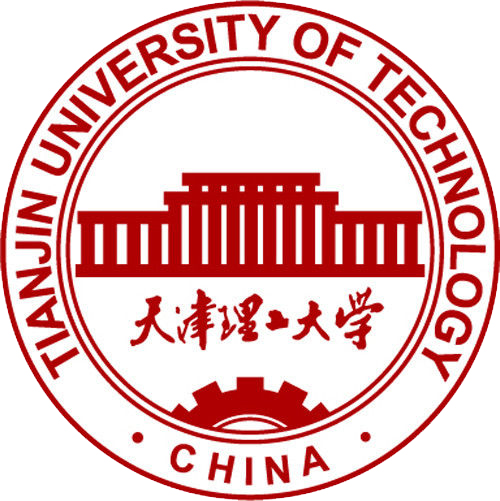
 Introduction
Introduction About the Program
About the Program About Guizhou University
About Guizhou University
Location
Guizhou Province, called Qian or Gui for short, is located in the eastern part of southwest China’s Yunnan-Guizhou Plateau, with Hunan Province to its east, Guangxi Zhuang Autonomous Region to the south, Yunnan Province to the west, and Sichuan Province and Chongqing Municipality to the north. Its central location at the southwestern China makes it a crucial hub for the region.
Geograph
Guizhou is a mountainous province. It covers an area of 176,100 square kilometers. The Province is more than 1,000 meters above ea level. The average sea level is 1,100 meters, adding to its rich mountainous topography. Actually, as much as 92.5% of the Province’s total area is characterized by mountains with its world-famous Karst rock formations of special appeal.
Climate
Because of its high altitude and relatively low latitude, which means it is influenced by southeasterly monsoon, the climate in Guizhou varies greatly in different regions. Generally, however, the weather is mild and humid. Abundant moisture makes chilly temperatures and severe heat rather rare. With an average air temperature of 5.2C in January and 24.3C in July, Guizhou is an ideal summer resort.
History
Guizhou is one of the birthplaces of mankind. There were human beings living on the land as early as about 500,000 or 600,000 years ago and created the antediluvian civilization. In 1382 AD, Emperor Hongwu of the Ming Dynasty established a military administration in the area. This was the first provincial military administration in Guizhou. In 1413 AD, Era Yongle of the Ming Dynasty established an administration, and for the first time, Guizhou became a province of China.
Population and Ethnic Groups
Apart from the Han people, there are many other minority groups living in Guizhou. Different ethnic groups account for 36.77% of the Province’s total population of 37.5 million. Guizhou is the home to 49 minority peoples, 17 of which view the Province as their cultural home. There are 10 minority groups including Miao (Moung), Buyi(Bouyi), Dong, Tujia, Yi, Gelao, Shui, Hui and Bai, whose populations are more than 100,000. In total, Guizhou has the country’s third biggest population of minority groups.
 Accommodation
Accommodation
A. Chinese Programs & Degree Students
Lodging:
Students are provided with accommodations in the University International Hostel. New students are required to stay in the Hostel at least for one semester. After one semester, he or she can choose off campus living.
The rooms and apartments come with a bathroom, refrigerator, telephone, TV set, electric heating and fan. Public Laundry facilities are provided for student’s use.
Upon arrival, a security deposit of 500 CNY is required from each student. When the student finishes his/ her study or moving out of the Guesthouse, the deposit will be returned if the room and facilities are kept in reasonable shape by the residents. Lodging agreement needs to be signed when moving into the Hostel.
To share a 3-person dorm room (separate bedroom, shared living room and bathroom): 500 CNY per month per student (electricity is charged separately).
To have a standard single room (with private bathroom): 600CNY per month per person(electricity is charged separately).
To have a standard single room (with private bathroom and kitchen): 800CNY per month per person(electricity is charged separately).
Other Cost
Food, medical care, travel and other expenses are the responsibility of the students. Medical services are offered at the campus infirmary or at Huaxi Hospital, which both are only a few blocks from the students' residence. Medical expenses are very reasonable.
Students may have meals in the nearby restaurant or eat in the university canteen at a cost of one dollar per meal.
B. Summer School Program
(1) Lodging:
US$ 10 per day (2 persons) for sharing a two-person dorm room;
US$ 30 per day (2 persons) for twin-share rooms when travels outside the city on weekends.
(2) Food
US$ 5.50 per day for 3 meals in the university canteens or small restaurants near the International Student Guesthouse or the University students’ canteens during weekdays;
US$ 8 per day for 3 meals when traveling outside the city on weekends
 Fees
Fees Admissions Process
Admissions Process  Entry Requirements
Entry Requirements Application Materials
Application Materials
1. Photocopy of valid passport
With photo, passport number &expiration date and name included.
2. Passport-sized photo
A passport-sized photo taken recently of the applicant.
3. Graduation certificate of high school
Graduation certificate should be in Chinese or English. If not, it should be translated into Chinese or English and be notarized.
4. Academic transcript of high school
5. Health certificate (optional)
Photocopy of physical examination record.
6. Resume
Written in Chinese or in English
 Reviews
Reviews
Tianjin University of Technology
Tuition
Start Date